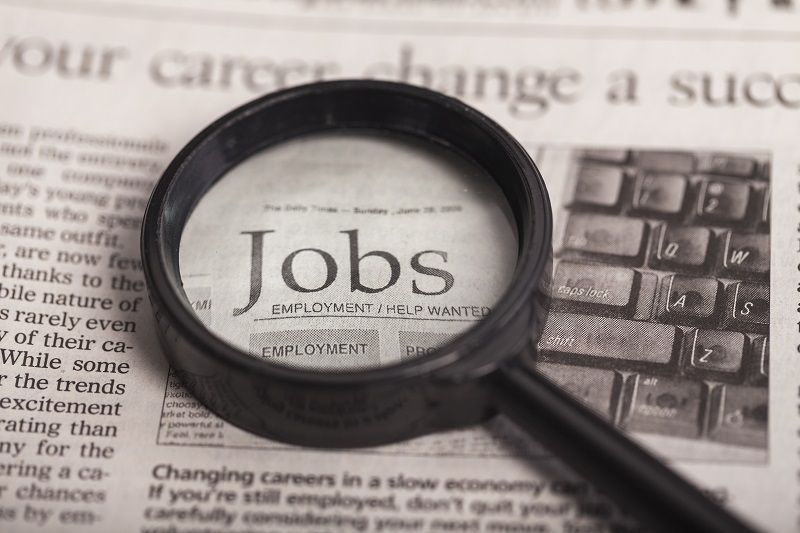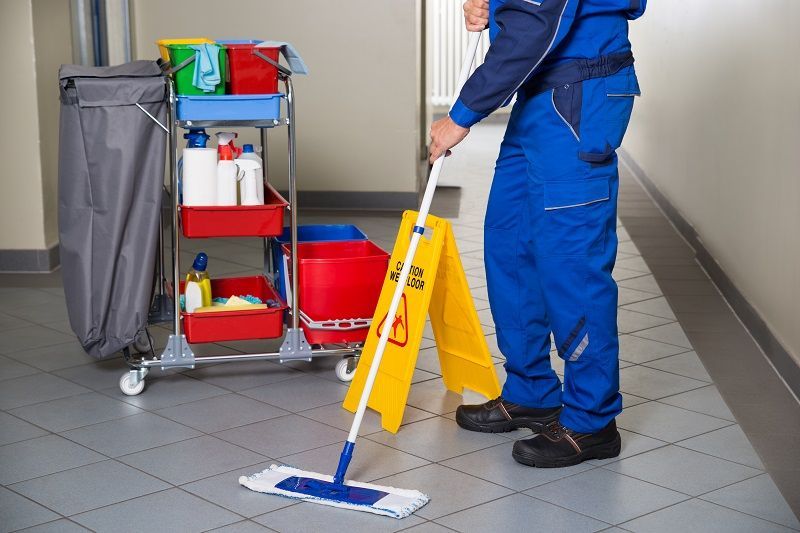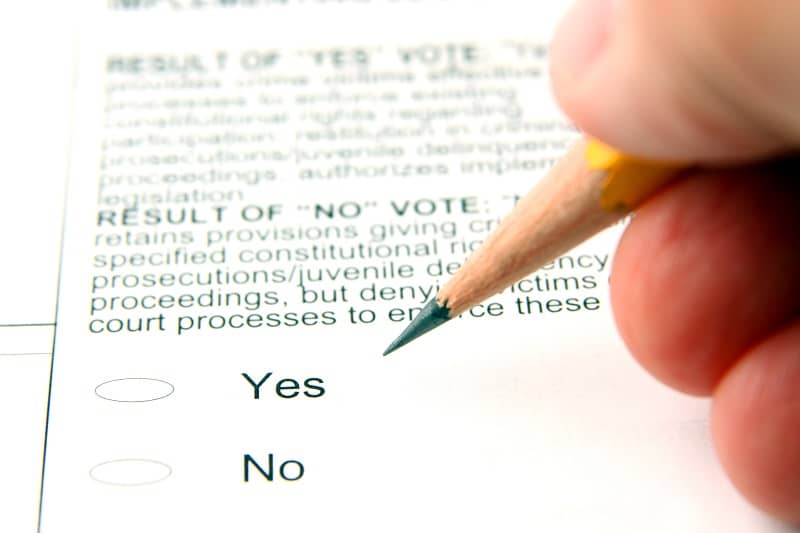The Oregon legislature is considering raising the minimum wage over the next few years from $9.25 per hour to as much as $15. What the minimum wage means for disadvantaged youth should be the central question of this controversial topic. Plenty of middle- and upper-class teenagers take their first jobs at the minimum wage, working part-time or summers. I don’t much care whether they make five dollars an hour or ten or fifteen. They’ll be fine.
There are also some older people working at low-skilled jobs. A higher minimum wage doesn’t really solve their problem, which is low skills. However, many people parlay on-the-job learning into higher-paying jobs. Combine that with some more education and these folks should be all right.
Disadvantaged teenagers and youth in their early 20’s concern me, however. For them, the minimum wage is a big issue.
When my own kids were going out to their first job interviews, their mother and I prepped them well. We both had experience in job interviews and we helped our kids succeed at theirs. Many disadvantaged youth lack parents with good work experience themselves, so they go into their first job interview with no coaching. Which kid do you figure gets the job? It’s usually not the teenager who stares at his shoes instead of the manager’s eyes, who stammers and is unsure of himself and is surprised by simple questions.
Put this into a business context. Suppose you are trying to sell a product that looks inferior on the outside. You are sure that your product’s functionality is as good as the better-looking competitors, but yours doesn’t present itself as well. What would you do?
A business manager’s first thought might be to cut the price. Other approaches are to offer free samples, introductory discounts, special coupons, and so forth. These marketing techniques could get buyers to try your product.
The disadvantaged youth is not allowed to do any of these things. The wage cannot be lower than the legal minimum, no unpaid work is tolerated by our laws, no discounting or trial offers are allowed. The kid who interviews poorly is in trouble.
This is the worst kind of trouble for both society and the young person. We need disadvantaged youth to get jobs and learn the soft skills every employer wants: following instructions, getting along with others, serving customers. The first job is vital for learning those skills. (I recall learning a lot in my first job: to get along with people I didn’t much like, to take direction from a boss I didn’t respect, and to accept that I had to do the worst tasks because I was the newest employee. These were all valuable lessons.)
To help disadvantaged youth, we need to let them compete. That means a low or zero minimum wage. Employers will provide more coaching and help for workers just starting out if that’s what it takes to get workers at a low wage. And that is exactly what will help disadvantaged youth in the long run.











